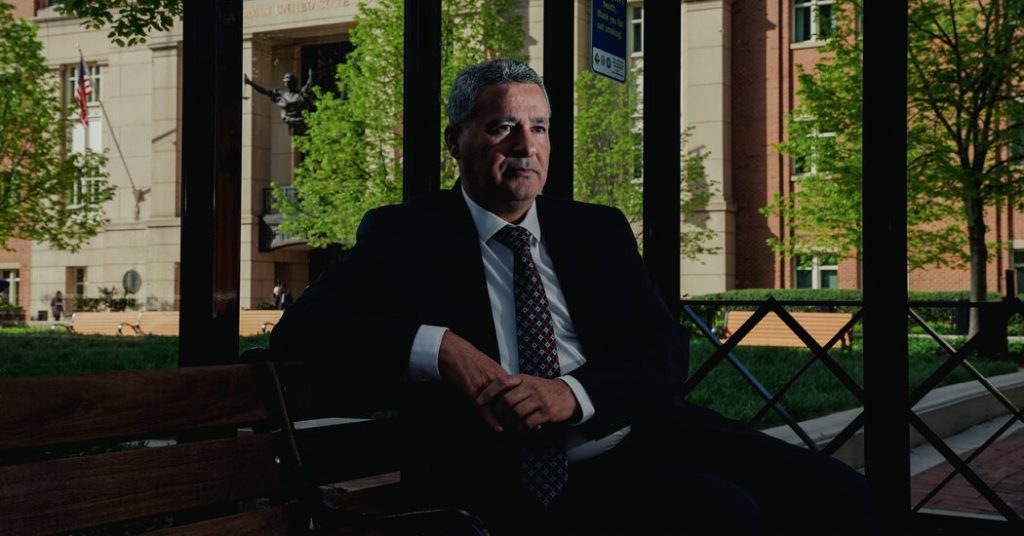A federal jury in Virginia was unable to reach a verdict in a lawsuit filed by three Iraqi men who claimed they were tortured at the Abu Ghraib prison by employees of defense contractor CACI Premier Technology. The jury deliberated for almost eight days before the judge declared a mistrial, citing a deadlock among jurors. The plaintiffs alleged that CACI employees directed U.S. military guards to abuse them in order to “soften” them up. The mistrial means the lawsuit, filed in 2008, can continue if the plaintiffs seek another trial and the court agrees.
The three plaintiffs were represented by the Center for Constitutional Rights and the law firm Patterson Belknap Webb & Tyler. Lawyer Baher Azmy stated that the legal team would “pursue our right to a retrial.” J. William Koegel Jr., CACI’s general counsel, did not comment on the mistrial. Another contractor settled a similar case in 2013 by agreeing to pay $5 million. CACI had sought to dismiss the case for more than a decade but various motions and appeals challenged the viability of the plaintiffs’ claims. In particular, CACI sought immunity from claims under the Alien Tort Statute, which allows foreign citizens to seek damages in U.S. federal court for international law violations.
During the trial, the jury heard testimony from the three plaintiffs, now in their middle age, describing their treatment at Abu Ghraib. Salah Al-Ejaili said he was shackled naked, forced into stress positions, and threatened with rape and death. Asa’ad Al-Zuba’e described being forced to crawl while bleeding, and Suhail Al Shimari said he was threatened with rape and death. Two retired Army generals who had investigated Abu Ghraib also testified, with one finding that a CACI interrogator had made a false statement and knew his instructions led to physical abuse by U.S. military police.
The abuse at Abu Ghraib was exposed 20 years ago through photos taken by guards showing detainee mistreatment, including posing with naked detainees and an ice-packed corpse. Senior Bush administration officials had authorized brutal interrogation techniques after 9/11, but the military downplayed the abuses as the work of a few bad apples. Few soldiers were convicted in courts-martial for their role in the abuses. Charles A. Graner, one of the convicted soldiers, acknowledged the wrongdoing, stating that everyone knew it was wrong but no one stopped it. CACI International’s subsidiary has denied any wrongdoing, and no evidence in the most damning images from Abu Ghraib shows CACI employees engaging in misconduct.
In their deliberations, the jury grappled with differing interpretations of the evidence and the legal defense of the “borrowed servant” doctrine, which CACI invoked to argue it was not liable for the actions of its employees under government control. The mistrial decision allows for the potential continuation of the lawsuit if the plaintiffs pursue a retrial. The case has faced numerous legal challenges over the years, with the Supreme Court limiting the scope of claims under the Alien Tort Statute. Despite the mistrial, the legal battle over the alleged torture of the three Iraqi men at Abu Ghraib remains ongoing with the possibility of a retrial in the future.


